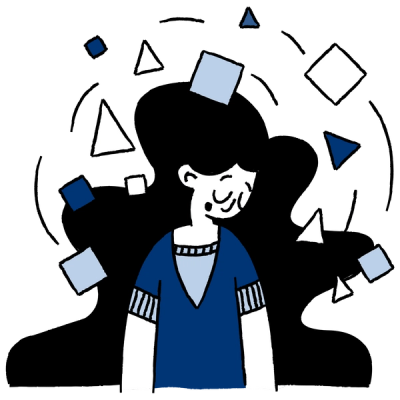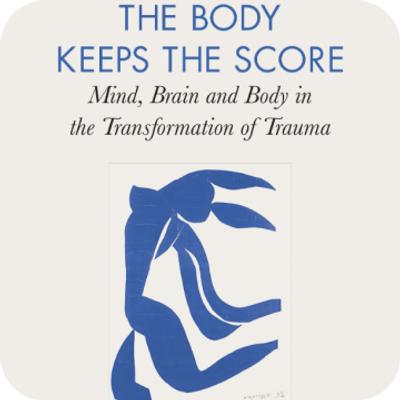Understanding trauma
Trauma is an emotional response to extremely distressing experiences, which overwhelm our ability to cope.
Traumatic experiences threaten our sense of safety and can leave us feeling helpless, exposed and vulnerable.
They can be sudden, out of the blue things that happen to us, like an accident or assault, or they can be ongoing experiences, like growing up in an abusive household.
Everyone has a different reaction to trauma, meaning two people can go through the same experience, yet be affected very differently.
Strong emotions such as fear, anger, guilt and sadness are normal, and usually begin to subside with time as we begin to make sense of what happened. However for some of us, trauma can lead to mental health issues such as post-traumatic stress disorder (PTSD), depression, anxiety or substance misuse.
Our response to traumatic events are our body and mind’s instinctive reaction to overwhelming experiences. There are effective treatments available, and, together with the support of friends and family, many people have found a path to wellbeing. It’s also common for people who have experienced trauma to describe finding a newfound strength and sense of meaning.
Remember, it’s ok to ask for help. Lifeline is here if you need to talk.
Our in-the-moment reaction to traumatic experiences happen automatically, and largely out of our control. Our bodies have evolved these reactions to keep us safe from danger in the moment. So no matter what happened, it’s important to remember that you did what you could to survive and cope in the moment.
How common is trauma?
If you’ve experienced trauma, you’re not alone. Most people in Australia will experience a traumatic event at some point in their lives.
While not everyone will experience ongoing mental health issues as a result of traumatic experiences, PTSD will affect around 3 million Australians at some point in their lives.
Some groups of people are more likely to be exposed to trauma, including people experiencing homelessness, domestic and family violence, LGBTQIA+ people, refugees, veterans and those employed in occupations such as emergency services and the armed forces.
According to a 2008 study, women also experience trauma at approximately twice the rate of men.
Types of trauma
There are many different experiences that can cause trauma and people can also respond to those experiences differently. Understanding the effects of trauma can help you start to make sense of your experience, how it has affected you, and what the best next steps are for you.
Below we’ll cover some different ways trauma can be experienced. However trauma doesn’t always fall into neat categories. Remember that:
- Trauma is personal - if you feel the effects of trauma, then it is trauma
- Trauma can affect you even if you don’t remember the event or experience
- The effects of specific experiences will be different for everyone - what is traumatic for one person might not be for someone else
- The more traumatic events you’re exposed to, the greater the risk they will have a significant effect on you
- You may not have a response to traumatic events until many years after you experienced them.
- Acute trauma
- Post-traumatic stress disorder
- Chronic trauma
- Complex trauma
- Vicarious trauma
- Intergenerational trauma
While trauma can feel utterly overwhelming and make it hard to see a brighter future ahead, remember that there are effective treatments for the short-term effects, long-term strategies, tools and apps that can help treat the symptoms, and a range of services that are here to help.





